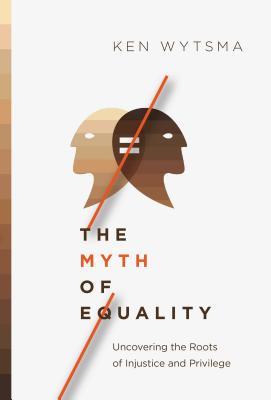What do you think?
Rate this book


208 pages, Hardcover
First published January 1, 2017
Everyone wants to think they have a good understanding of race. We often treat it like a yes-or-no category. Are you a racist? No. Therefore, are you good with race? Yes. The problem is, it's not a yes-or-no category but something with a hundred layers of nuance. . . . As a white man writing a book on privilege, I've had to admit from the beginning that my understanding and knowledge of racism end when conversation turns to the firsthand experiences of people of color. (132-33).